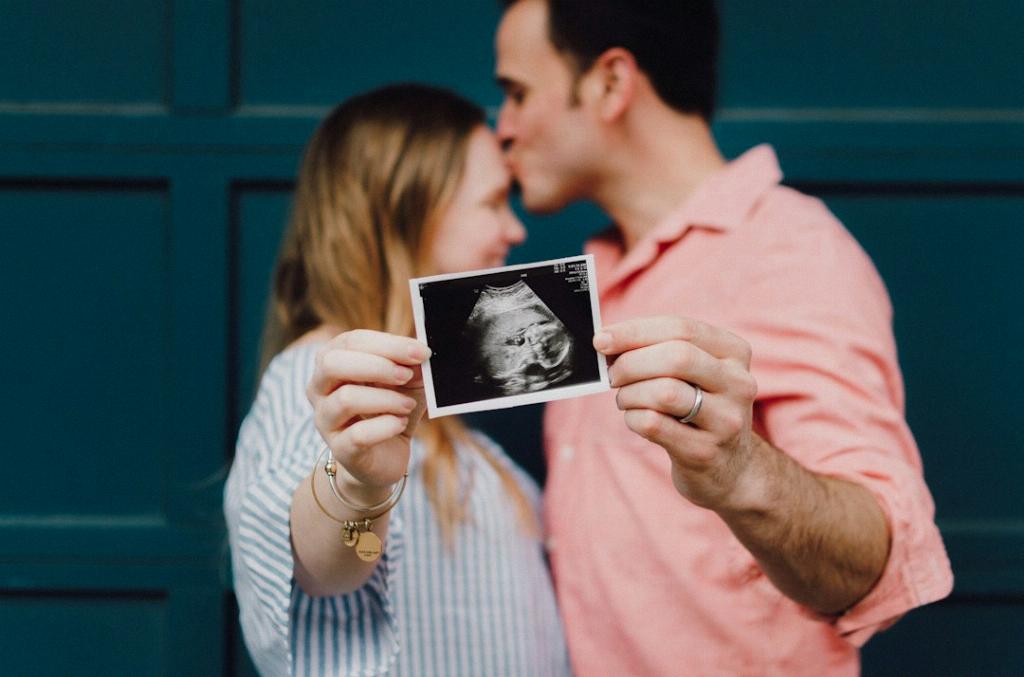During the early stages of pregnancy, experiencing a dull ache in the stomach area can be a common occurrence for many women. It’s essential to understand that mild stomach pain in the first 12 weeks of pregnancy is typically nothing to be overly concerned about.
The source of this dull ache can often be attributed to the natural changes your body is undergoing to accommodate the growth of your baby. As your uterus expands to make room for the developing fetus, you may feel discomfort in the form of a dull ache. This discomfort is often a result of the ligaments in your abdomen stretching and adjusting to support the growing bump.
In addition to the physical changes happening in your body, hormonal fluctuations can also contribute to stomach pains during early pregnancy. These hormonal shifts can affect the muscles and ligaments in the abdominal region, leading to a sensation of dull achiness that many pregnant women may experience.
Constipation is another common culprit for stomach discomfort in early pregnancy. The hormonal changes that accompany pregnancy can slow down the digestive system, making it more challenging to pass stools. This can result in abdominal pain and a dull ache that is often alleviated once bowel movements become regular.
Trapped wind, or gas, is yet another factor that can lead to a dull ache in the stomach area during early pregnancy. The hormonal changes affecting the gastrointestinal tract can cause excess gas to build up, leading to bloating and discomfort. This trapped wind can manifest as a dull, nagging ache that may come and go.
If you are experiencing a dull ache in your stomach during early pregnancy, it is essential to pay attention to the intensity and duration of the pain. While mild discomfort is often considered normal, persistent or severe pain should not be ignored. If you are concerned about the level of pain you are experiencing, it is always best to consult with your healthcare provider for further evaluation and guidance.
It’s important to remember that every pregnancy is unique, and what is considered normal for one person may not be the same for another. Trusting your instincts and seeking medical advice when needed can help ensure a healthy and comfortable pregnancy journey.
Managing stress and practicing relaxation techniques can also help alleviate stomach discomfort during early pregnancy. Engaging in activities like gentle exercise, prenatal yoga, or meditation can provide relief from aches and pains while promoting overall well-being.
Stay hydrated and maintain a healthy diet rich in fiber to prevent constipation and ease digestive issues that may contribute to stomach pain. Eating small, frequent meals and avoiding foods that are known to cause gas can also help reduce discomfort in the abdominal area.
Remember to communicate openly with your healthcare provider about any concerns or symptoms you may be experiencing during early pregnancy. They are there to support you and provide personalized care to ensure a smooth and healthy pregnancy journey.
In conclusion, a dull ache in the stomach area during early pregnancy is often a normal part of the process as your body adapts to the changes taking place. Understanding the possible causes of this discomfort and taking proactive steps to address them can help you navigate the ups and downs of pregnancy with confidence and peace of mind.

